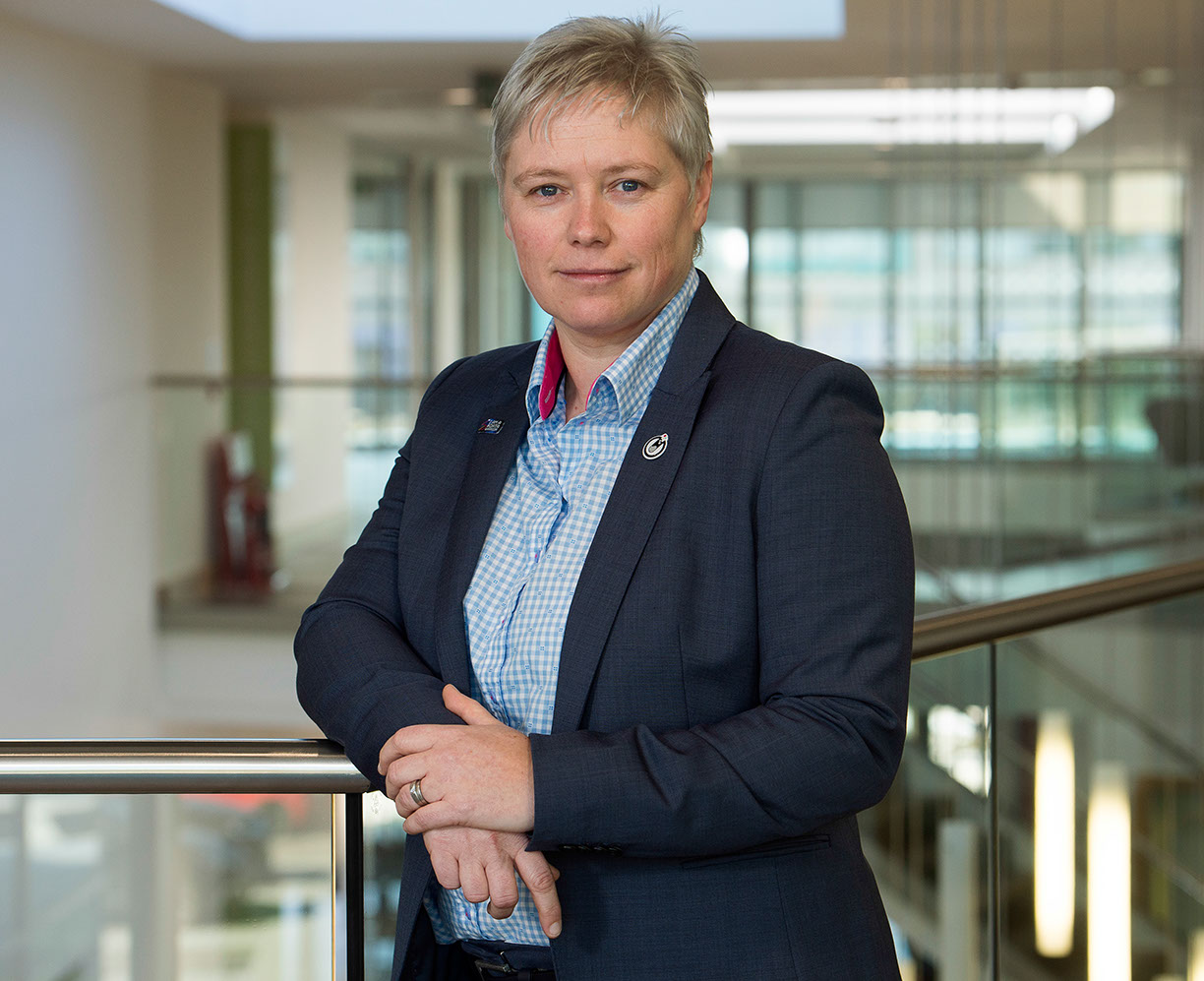Gillian Docherty: Hats off to the fintech sector
As part of the Scotland Fintech Festival, Gillian Docherty OBE, CEO at The Data Lab, explores the interdependence of the data sector and the growth of Scotland’s fintech sector.

Gillian Docherty OBE, CEO at The Data Lab
There are currently in excess of 100 companies based in Scotland solely dedicated to the growth of financial services through innovative applications of technology. In January 2018, there were only 25 so-called ‘fintechs’. The exponential growth of this constantly evolving sector was always inevitable – Scotland has long been seen a global financial stronghold – a natural home therefore for fintechs – the new trailblazers shaping the future of financial services.
However, while the sector relies on this existing backbone of expertise, heritage and strong infrastructure as a platform from which to grow, fintech is as reliant, if not more so, on data technology and, indeed has been fed by a thriving and flourishing data sector in Scotland – which has enabled both sectors to grow, hand-in-hand.
From open banking and payment processing to machine learning and artificial intelligence, the facets of today’s fintech companies are underpinned by innovative management of data. Open banking and PSD2, one of the biggest regulatory changes in the past decade, is specifically data-driven and enables fintechs to access customer financial data (safely and securely) to help inform new products which, in turn, give the customer better end services.
In fact, many of the handy new banking services, providers and apps we use today are reliant on the algorithms developed by fintechs to analyse screeds of spending data across customer databases. And while a full breakdown of how much of your money goes on the weekly shop, holidays, or, into the pockets of the local pub landlord might make for uncomfortable reading for some, this type of service is undeniably beneficial – as reflected by ever-increasing number of FS institutions offering it. From robo-advisors on banking sites and trading platforms, product recommendations for customers, fraud detection technology, to customer acquisition and retention decisions – data scientists are playing a huge role in the advancement of the sector.
How Scotland’s fintech community has thus far harnessed data to create those products and services, is nothing short of inspiring. As a proponent of data science across organisations and sectors, I find it very difficult to point to a sector which is as advanced with its use of data as fintech. In fact, it’s fair to say fintech is somewhat of a poster-child for data science. As a discipline, there is much Scotland’s other sectors could learn from fintech’s application of data science.
Fintechs by their nature, are early adopters and bold pioneers in the use of big data analysis and management. Operating within the finance sector, they are held to a high standard of security and regulation – arguably something which has gone relatively unchecked by some businesses in other sectors. Safe and responsible data management is something all businesses should aspire to, and, coupled with the speedy innovation and agility with which fintechs operate – represents a powerful case study in the argument for data science – helping bolster and grow the recognition and respect of data science and the data community in Scotland and beyond.
It’s therefore fair to say that while fintech owes much to Scotland’s data science community, the contribution fintech has made to Scotland and the data community – through its services, innovation, attraction of talent and its showcase of best practice – has been huge. Collaboration between the two sectors has also played a key role, and The Data Lab is proud to have worked in partnership with organisations such as FinTech Scotland to support the growth of the fintech community. It’s partnerships like these which means the sector will surely represent a key economic driver for Scotland’s future economy and will act as a major employer for its data science community, for years to come.









